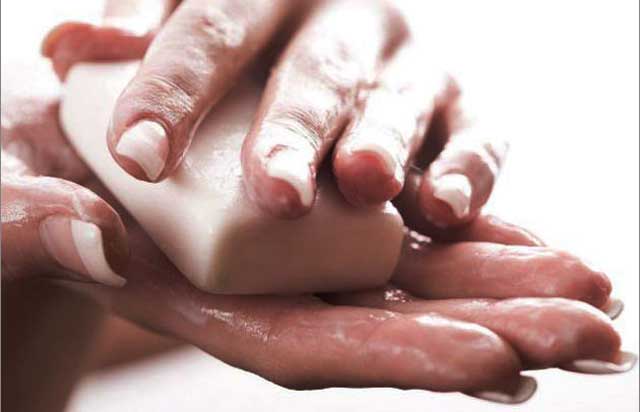Why (some) women don't scrub up as well as men

In matters of personal hygiene, it is men who are viewed as the grimy sex while women strive to keep them scrubbed. But a survey has revealed that female cleanliness is a myth. Women were up to three times more likely to have dirty hands than men.
The difference between the sexes was starkest in London, where 21 per cent of women were carrying faecal bacteria on their hands, compared with 6 per cent of men. Women in Birmingham and Cardiff also outranked men for bacterial contamination, but in the north – Newcastle and Liverpool – stereotypes reasserted themselves and men had the filthiest hands.
The Dirty Hands study was conducted to highlight poor hygiene habits as part of the first Global Handwashing Day today. Commuters' at five train stations were swab-tested for bacteria. The results, analysed by the London School of Hygiene and Tropical medicine, also revealed a north-south divide. Commuters in Newcastle were up to three times more likely than those in London to have the bacteria on their hands – 44 per cent versus 13 per cent. More than a third in Liverpool were contaminated, compared to less than a quarter in Birmingham and Cardiff.
The bacteria were all from the gut and do not necessarily cause disease, although they indicate that hands have not been washed properly.
Val Curtis, director of the Hygiene Centre at the London School of Hygiene and Tropical Medicine, said: "We were flabbergasted so many people had faecal bugs on their hands. If these people had been suffering from a diarrhoeal disease, the potential for it to be passed round would be greatly increased by their failure to wash their hands after going to the toilet."
Join our commenting forum
Join thought-provoking conversations, follow other Independent readers and see their replies
Comments
Bookmark popover
Removed from bookmarks